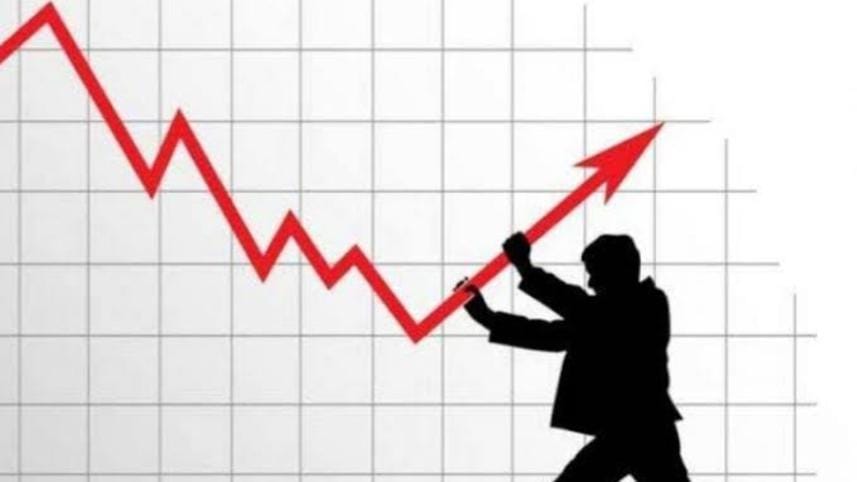How do we stabilise the economy?

Bangladesh's economy is struggling with higher inflation, depletion of foreign exchange reserves, pressure on the exchange rate, shrinking capital inflows, and pressure on the budget.
While the government's intentions to address the macroeconomic challenges are gradually gaining momentum, the results so far fall short of what is required. GDP growth is downward, investments are down, and export growth is much below the estimates. The shortage of foreign exchange and the associated import reductions are likely to heavily impact GDP growth, private investment, and exports.
The policy response from the government in recent past was to manage the balance of payments (BoP) with import controls and the use of forex reserves and to control domestic inflation through budgetary subsidies. Efforts were also there to protect GDP growth and investments through a strong grip over interest rates, the increase of fiscal deficits, and the liberal use of central bank financing.
Incidentally, these instead of helping the situation, further worsened it. There was an unsustainable run on forex reserves that put pressure on the exchange rate, foreign capital flows fell, and inflation rose significantly. Growing budgetary subsidies lowered spending on core social services and put pressure on fiscal deficits. To stop the slide in the exchange rate, the government further tightened imports, adversely affecting GDP growth, investment, and exports.
The macroeconomic imbalances have emerged from inflationary pressure, BoP pressure and fiscal pressure. Addressing these issues required the use of policy instruments that best relate to each of these areas -- monetary policy to ease the inflationary pressure, exchange rate policy to ease the BoP pressure, and tax or expenditure policy to ease the budgetary pressure.
The excessive reliance on import controls is inconsistent with GDP growth aspiration. While selective import controls can play a short-term emergency adjustment role, resorting to import controls can cause serious supply disruptions, discourage domestic and foreign private investments, hurt exports, and lower GDP growth.
Our exchange rate has been highly overvalued for almost 10 years. By failing to correct this overvaluation on a timely basis, the country exposed its currency to substantial depreciation in recent times.
An accepted way of managing the BoP is to let the exchange rate be market-determined. This should be complemented by trade policy reforms that lower trade protection and the anti-export bias of trade policy. A flexible exchange rate along with a lower trade protection can boost exports and remittances, thereby increasing the forex supply.
On the demand side, reduction in private spending through the increase in interest rate combined with higher taxes and lower fiscal deficit will help reduce the demand for imports and avoid the exchange rate slide.
Various research showed the main source of inflationary pressure is excess liquidity in the system. These were further intensified by the persistence of interest controls through the - 6/9 interest rate policy, rising fiscal deficit, and liberal central bank financing of fiscal deficit.
Inflation reduction in a weakly governed market like ours usually takes time and may require further increases in interest rates. Hence the budget deficit must be reduced.
The right policy approach to cut the fiscal deficit is to increase revenues through effective tax reforms and by reforming state-owned enterprises. Every year, the government sets ambitious tax targets that are not met. As a result, the tax-to-GDP ratio is not only extremely low at less than 8 percent of GDP, but also declining.
The recent exchange rate adjustment seems to be yielding results with a bit of increased USD liquidity in the market. The interest rate increase should help with inflation if handled well. Foreign and local currency liquidity rise hence remains to be the main key to improving investors and business confidence.
The author is an economic analyst.




 For all latest news, follow The Daily Star's Google News channel.
For all latest news, follow The Daily Star's Google News channel.
Comments